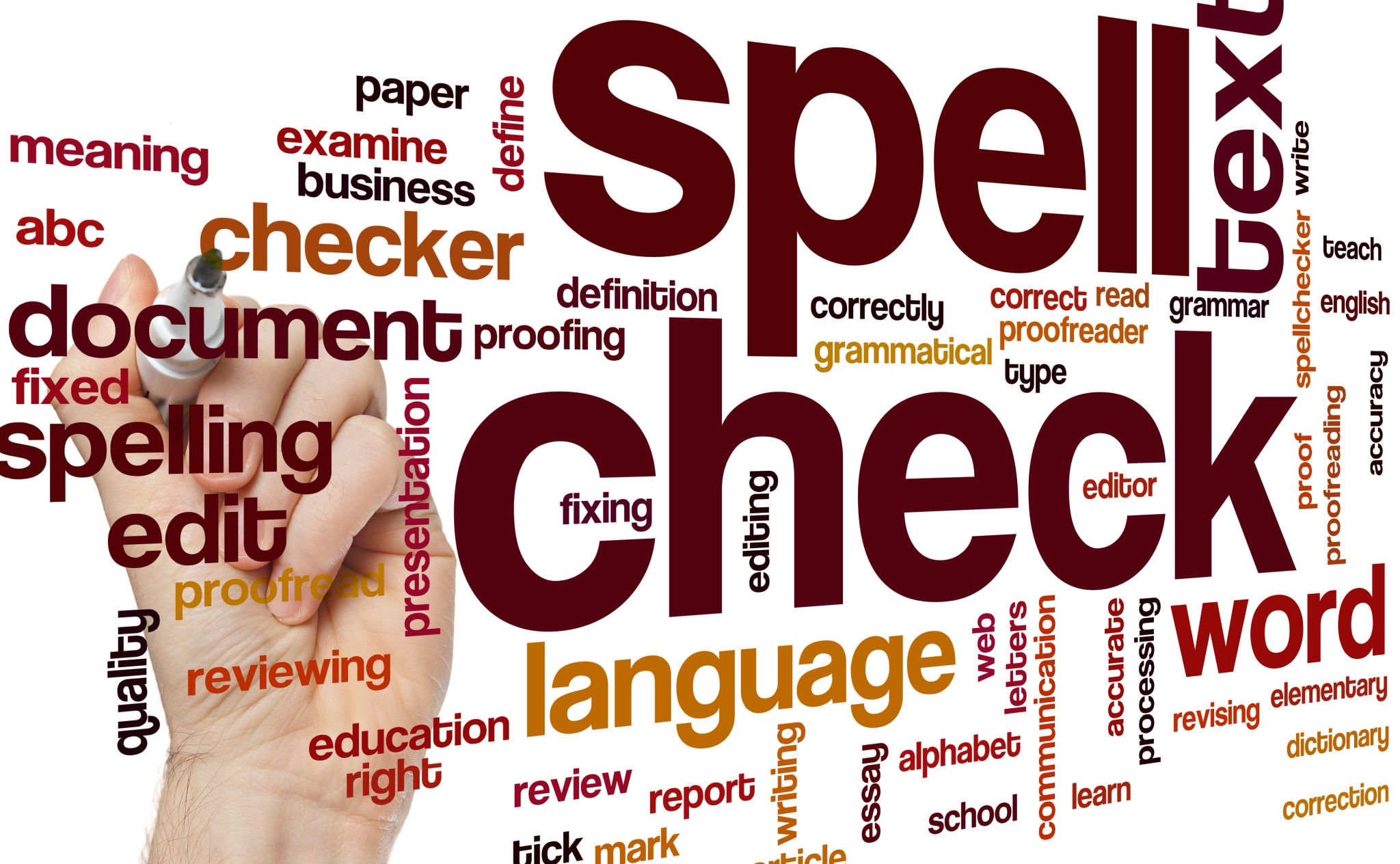Let’s face it, we’ve all been there. You’re sitting in front of your screen, typing away on Google or any other search engine, and BAM! You get that dreaded message: “There are no results for check your spelling or try different keywords.” It’s frustrating, right? Like, what did you do wrong? Was it the way you phrased your question? Or maybe you just need a better strategy. Whatever the case, this situation happens more often than you think, and today, we’re going to break it down step by step so you can master the art of searching like a pro.
Imagine this: you’re trying to find a rare recipe for grandma’s famous apple pie, or maybe you’re looking for a specific article that you read months ago but can’t quite remember the exact title. You type in what you think is the perfect query, hit enter, and… nothing. Zilch. Nada. This is where most people throw their hands up in frustration and give up. But not you! Because by the end of this article, you’ll have all the tools you need to turn those “no results” into goldmines of information.
Now, I know what you’re thinking. “Is this really worth my time?” Absolutely! Searching effectively isn’t just about finding random cat videos or memes. It’s about unlocking the vast amount of knowledge available online and making it work for you. Whether you’re a student, a professional, or just someone who loves learning new things, mastering search queries can save you hours of wasted effort. So buckle up, and let’s dive into the world of search engines!
- Julie Banderas Bio Age Husband More Antonio Banderas
- Nicols Maduros Net Worth The Truth About His Wealth In 2024
Understanding the Problem: Why Does This Happen?
When you see that dreaded message, “There are no results for check your spelling or try different keywords,” it’s usually because one (or more) of several things went wrong. Let’s break it down:
- Spelling Mistakes: Yep, it’s as simple as that. One tiny typo can send your search query into oblivion. For example, typing “recipie” instead of “recipe” could be the reason you’re not getting any hits.
- Too Specific Keywords: Sometimes, being too precise can work against you. If your query is too niche or uses very specific terms, the search engine might struggle to find relevant results.
- Outdated Information: The internet is constantly evolving. What was relevant yesterday might not be today. If you’re searching for something that’s no longer available or hasn’t been updated recently, you might come up empty-handed.
- Algorithm Limitations: Search engines aren’t perfect. They rely on algorithms to match your query with available content, and sometimes those algorithms miss the mark.
Now that we’ve identified the potential culprits, let’s move on to some practical solutions. Trust me, this isn’t as daunting as it seems!
How to Improve Your Search Queries
Alright, here’s the good news: you can absolutely improve your search queries and avoid that dreaded “no results” message. Here’s how:
- Fords Fortune Net Worth Of Henry Harrison More
- Untold Truth Shahs Of Sunset Cast Net Worth Rezas Fortune
1. Double-Check Your Spelling
This might sound obvious, but it’s worth repeating. Before you hit that enter key, take a second to proofread your query. If you’re unsure about a word, use a spell-check tool or even ask a friend to take a look. A little extra effort can go a long way.
2. Use Synonyms and Variations
Instead of sticking to one set of keywords, try using synonyms or related terms. For example, if you’re searching for “healthy breakfast ideas,” you could also try “nutritious morning meals” or “breakfast recipes for weight loss.” This increases your chances of finding what you’re looking for.
3. Keep It Simple
Sometimes, less is more. Instead of typing out a long sentence, focus on the key terms that matter most. For instance, instead of “how to make the best chocolate cake ever,” try “best chocolate cake recipe.” Simple, right?
Advanced Search Techniques You Need to Know
Now that you’ve got the basics down, let’s level up your search game with some advanced techniques. These aren’t just for tech geeks; anyone can use them to enhance their search experience.
1. Use Boolean Operators
Boolean operators like AND, OR, and NOT can help refine your search. For example, typing “apple pie AND gluten-free” will give you results that include both terms. Similarly, “apple pie NOT dessert” will exclude any results related to desserts.
2. Quotation Marks for Exact Phrases
If you’re looking for an exact phrase, put it in quotation marks. For instance, searching for “grandma’s apple pie recipe” will return results that match that exact phrase, rather than individual words.
3. Site-Specific Searches
Ever wanted to search within a specific website? Use the “site:” operator followed by the website URL. For example, “apple pie recipe site:foodnetwork.com” will only show results from the Food Network website.
Common Mistakes to Avoid
Even the best searchers make mistakes from time to time. Here are a few common pitfalls to watch out for:
- Overusing Keywords: While it’s important to include relevant keywords, stuffing your query with too many can backfire. Stick to the most important terms.
- Ignoring Autocomplete Suggestions: Search engines often provide autocomplete suggestions as you type. These can give you clues about what others are searching for and help refine your query.
- Not Exploring Related Searches: At the bottom of your search results page, you’ll often see a list of related searches. Don’t overlook these! They can offer alternative phrasing or ideas you hadn’t considered.
Why Search Queries Matter More Than You Think
You might be wondering, “Why should I care so much about search queries?” Well, here’s the thing: in today’s digital age, search engines are one of the primary ways we access information. Whether you’re researching for school, work, or personal interest, being able to find what you’re looking for quickly and efficiently can make a huge difference.
Think about it: how often do you rely on Google or another search engine to answer your questions? Probably more than you realize. By improving your search skills, you’re not just saving time; you’re also improving your ability to learn and grow in whatever area you’re passionate about.
Real-Life Examples of Successful Searches
Let’s look at a few real-life examples of how people have successfully navigated the world of search queries:
1. Finding a Lost Article
One user was trying to find an article they had read months ago about the benefits of mindfulness. After several failed attempts, they remembered a specific quote from the article and used that as their search query. Bingo! The article popped right up.
2. Locating a Rare Recipe
Another person was searching for a recipe for a traditional dish from their hometown. By using a combination of keywords related to the dish’s ingredients and cultural significance, they were able to find exactly what they were looking for.
Tips for Beginners and Experts Alike
No matter your level of expertise, there’s always room to improve your search skills. Here are a few tips for both beginners and seasoned pros:
- Start Simple: If you’re new to searching, begin with basic queries and gradually add complexity as you become more comfortable.
- Experiment with Operators: Even if you’re an experienced searcher, don’t be afraid to try out new operators or techniques to see what works best for you.
- Stay Curious: The more you explore and experiment, the better you’ll become at finding exactly what you’re looking for.
Conclusion: Take Action Today!
In conclusion, encountering the message “There are no results for check your spelling or try different keywords” doesn’t have to be the end of your search journey. By understanding the common causes and implementing the strategies we’ve discussed, you can turn those frustrating moments into opportunities for growth and discovery.
So, what’s next? Take action! Start practicing these techniques today and see how they improve your search experience. And don’t forget to share this article with friends or leave a comment below if you have any questions. Together, we can all become better searchers and unlock the full potential of the internet!
Table of Contents
- Understanding the Problem
- How to Improve Your Search Queries
- Advanced Search Techniques
- Common Mistakes to Avoid
- Why Search Queries Matter
- Real-Life Examples
- Tips for Beginners and Experts
- Conclusion



Detail Author:
- Name : Prof. Adan Hahn MD
- Username : nlynch
- Email : harvey.kevin@hotmail.com
- Birthdate : 1991-12-01
- Address : 96554 Ervin Ports Apt. 176 Lake Annabellebury, AZ 55584-3978
- Phone : 1-445-812-7496
- Company : Moen, Crooks and Schuppe
- Job : Product Specialist
- Bio : Quis qui magnam aliquam hic totam. Labore aliquam sint aut consequatur non consequatur.
Socials
instagram:
- url : https://instagram.com/brendan_hamill
- username : brendan_hamill
- bio : Sit nulla qui mollitia harum. Odio eaque consequuntur ut a rem ut. Pariatur ipsum et quos.
- followers : 4434
- following : 147
facebook:
- url : https://facebook.com/hamillb
- username : hamillb
- bio : Assumenda sint aut assumenda cumque modi.
- followers : 6404
- following : 1047